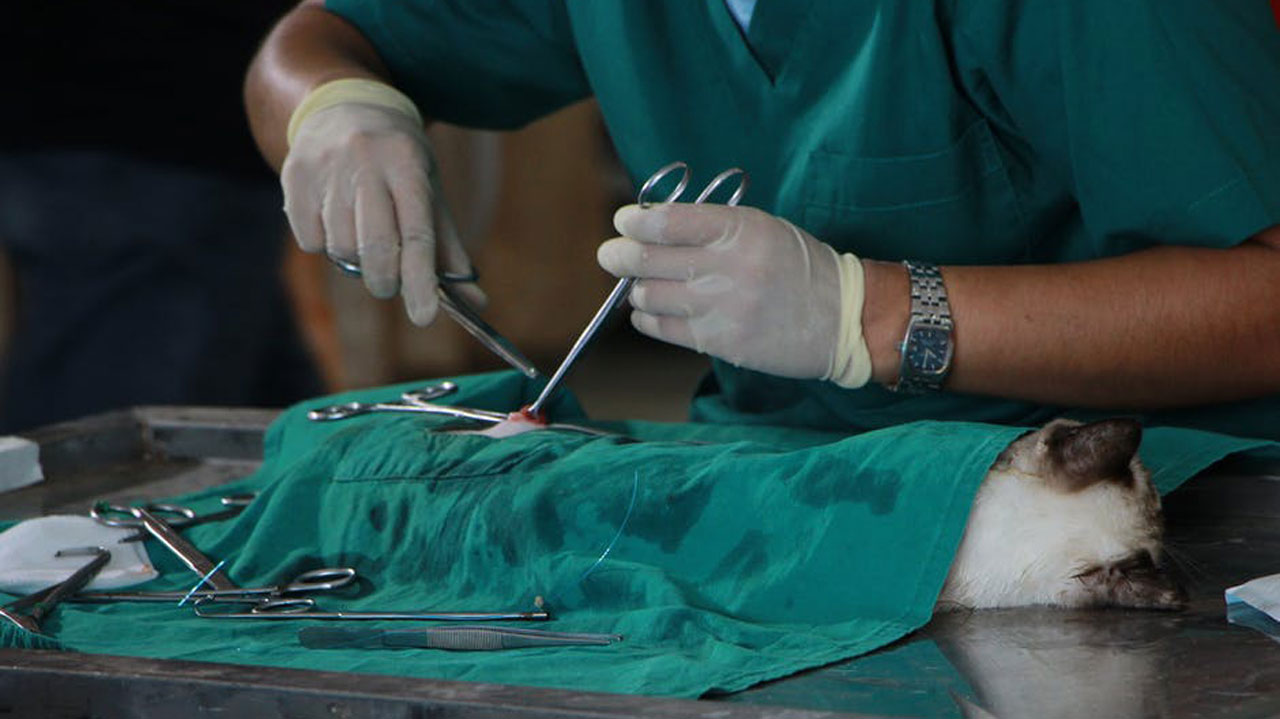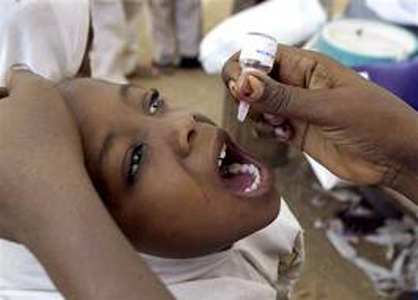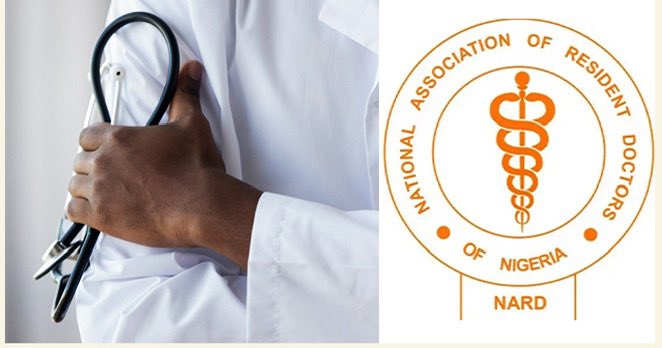With international donor support on the decline, stakeholders have renewed calls for urgent domestic financing to sustain Nigeria’s fight against human immunodeficiency virus (HIV) and tuberculosis (TB).
The appeal was made at the Stakeholders’ Dialogue on Domestic Financing for HIV and TB, and the Domestication of the HIV Anti-Stigma Law, organised by the Network of People Living With HIV/AIDS in Nigeria (NEPWHAN).
Chairman of the House Committee on HIV/AIDS, Tuberculosis, Leprosy and Malaria Control (ATM), Hon. Amobi Ogah, disclosed that Nigeria requires an estimated $8 billion yearly to effectively tackle HIV/AIDS. He warned that the recent suspension of U.S. government support for Africa’s health systems could significantly undermine Nigeria’s response efforts.
Ogah, however, described the suspension as a “blessing in disguise,” stressing that the Federal Government must assume primary responsibility for funding responses to public health threats such as HIV, TB, and malaria, instead of depending heavily on foreign donors.
He noted that since the cut in donor funding, Nigerians in both public and private sectors have begun exploring innovative approaches to mobilise local resources for HIV and TB programmes. “Many brilliant solutions have been rolled out,” he said, adding that these ideas must be streamlined and, where necessary, backed by legislation to guarantee implementation.
According to him, Nigeria is moving closer to a self-sufficient domestic funding model for HIV and TB, one that would ensure sustainability and resilience in the health sector.
“Convening stakeholders’ dialogue to advance conversations will lead to actionable strategies and solutions towards mobilising domestic financing and enforcing the HIV anti-stigma law,” Ogah added.
In his remarks, NEPWHAN’s National Coordinator, Abdulkadir Ibrahim, stressed the urgency of domestic financing, noting that over 80 per cent of Nigeria’s HIV response is currently funded by foreign donors. “The recent uncertainty in international support, especially the U.S. government policy shift, has given us a strong signal that we need to look inwards,” he said.
Ibrahim explained that while about 35 per cent of funding comes from the Global Fund and other international sources, Nigeria contributes less than 15 per cent of its HIV financing. He urged the government, private sector, and philanthropists to adopt sustainable mechanisms such as health insurance schemes to guarantee affordable treatment access.
“These drugs people are getting free are not actually free. Somebody is paying for them, either through taxpayers’ money from the U.S. or contributions from other countries. We need to really look inward, bring in philanthropists, and explore every possible avenue for domestic resource mobilisation,” Ibrahim said.






